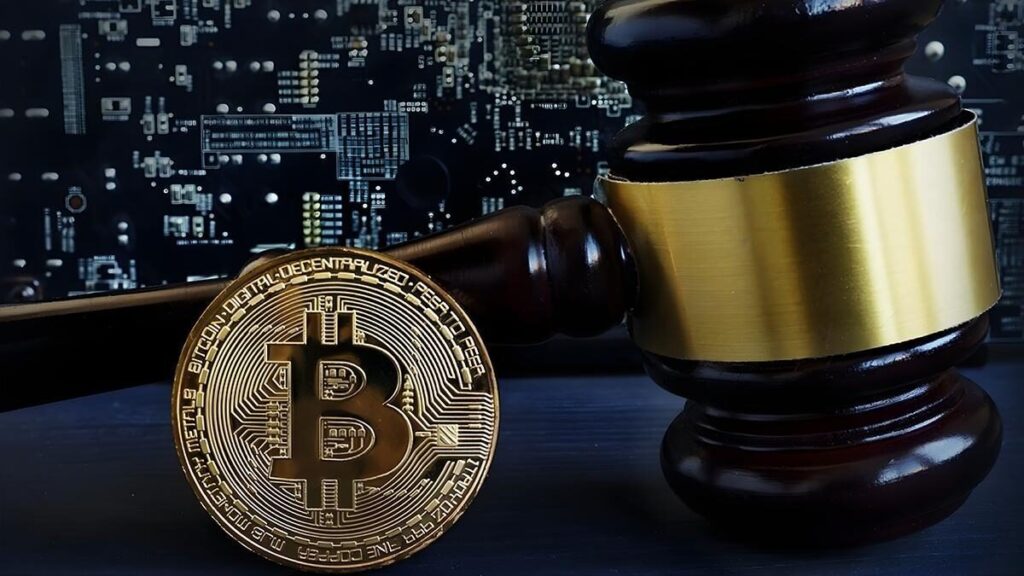In today’s fast-paced digital world, the evolution of legal processes is more crucial than ever. Traditional paper contracts, once the backbone of legal agreements, are increasingly being replaced by more innovative and secure solutions. Among these advancements, video contracts and blockchain technology stand out as revolutionary tools that are reshaping the landscape of legal security. This new era promises greater transparency, authenticity, and immutability in contracts, providing a robust framework for modern legal solutions.
The Rise of Video Contracts
Video contracts are a cutting-edge development that leverages the power of visual communication to create legally binding agreements. Unlike traditional written contracts, video contracts allow parties to visually and verbally outline the terms of their agreement. This method adds a layer of clarity and personal touch, making it easier for all involved parties to understand the contract’s content. Moreover, video contracts can reduce misunderstandings, as the terms are clearly communicated and can be replayed for reference.

Incorporating video contracts into legal agreements also enhances the authenticity of contracts. The visual and verbal components of a video contract capture the intent and understanding of the parties, making it difficult for any party to claim ignorance or misinterpretation of the terms. This level of transparency in contracts is a significant leap forward in ensuring that all parties are on the same page, thereby reducing the potential for disputes.
Blockchain: The Backbone of Legal Security
While video contracts bring innovation to the way agreements are made, blockchain technology serves as the backbone of legal security in this new era. Blockchain’s decentralized and immutable nature makes it an ideal platform for managing digital contracts. Once a contract is recorded on the blockchain, it cannot be altered or tampered with, ensuring the immutability of contracts. This feature is crucial for maintaining the integrity of legal agreements, as it prevents any unauthorized changes to the contract after it has been signed.
Contracts on blockchain are also highly secure. Blockchain technology employs advanced cryptographic techniques to protect data, ensuring that contracts are accessible only to authorized parties. This level of security in legal contracts is unparalleled, offering peace of mind to individuals and businesses alike. Furthermore, the decentralized nature of blockchain means that no single entity controls the contract, reducing the risk of fraud or manipulation.
The Intersection of Video Contracts and Blockchain
The combination of video contracts and blockchain technology represents a powerful synergy that offers unparalleled legal security. By recording video contracts on the blockchain, parties can ensure that their agreements are not only clear and transparent but also immutable and secure. This approach is particularly beneficial for complex contracts that require a high level of detail and precision.
For example, in industries such as real estate or finance, where large sums of money and assets are at stake, the immutability of contracts is crucial. A video contract recorded on the blockchain can serve as a definitive record of the agreement, with every detail of the transaction preserved and protected from alteration. This level of security in legal contracts can prevent costly disputes and legal battles, saving time and resources for all parties involved.
Smart Contracts: Automating the Legal Process
Another key innovation in this new era of legal security is the rise of smart contracts. Smart contracts are self-executing contracts with the terms of the agreement directly written into code. These contracts automatically execute and enforce the terms of the agreement when certain conditions are met. Smart contracts on blockchain take this concept even further by providing a secure and tamper-proof environment for contract execution.
When combined with video contracts, smart contracts can automate the legal process in a way that is both efficient and secure. For instance, a video contract could outline the terms of a business agreement, while a smart contract on blockchain automatically enforces those terms when the agreed-upon conditions are fulfilled. This integration of video contracts and smart contracts streamlines the legal process, reducing the need for manual intervention and minimizing the risk of human error.

The Future of Legal Contracts
As we move further into the digital age, the adoption of blockchain in the legal sector is expected to increase. Blockchain technology and video contracts offer a modern legal solution that is both secure and transparent. The authenticity of contracts is preserved through video recordings, while the immutability of contracts is ensured by blockchain’s tamper-proof ledger.
Moreover, the development of personalized video contracts allows parties to create agreements tailored to their specific needs, further enhancing the flexibility and effectiveness of digital contract management. As these technologies continue to evolve, we can expect to see a growing number of industries adopting blockchain and video contracts as standard practice for legal agreements.
Conclusion
The integration of video contracts and blockchain technology marks a new era of legal security. By combining the clarity and personalization of video contracts with the security and immutability of blockchain, this innovative approach offers a robust framework for modern legal solutions. Whether it’s ensuring transparency in contracts, protecting the integrity of agreements, or automating the legal process through smart contracts, the future of legal contracts is undoubtedly digital. As more industries recognize the benefits of these technologies, we are likely to see a widespread transformation in how legal agreements are made, executed, and enforced.



